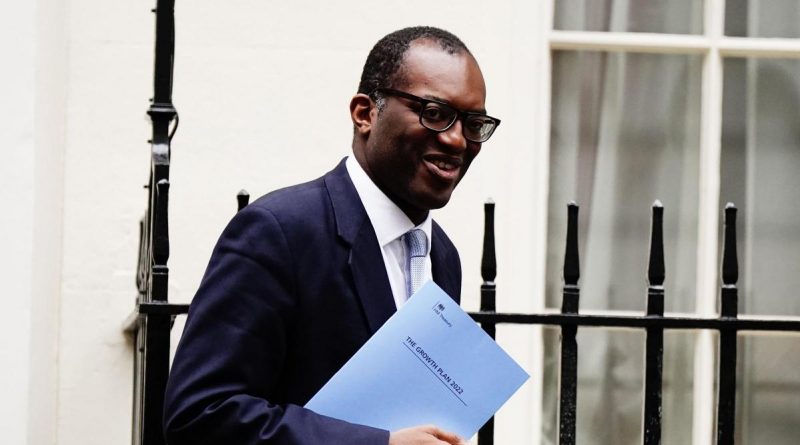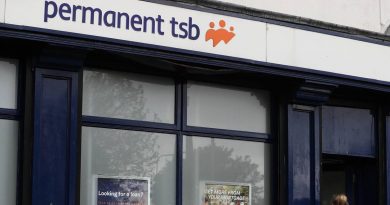The Chancellors’ Winners And Losers
One must take extraordinary action in unusual times.
As a result, the Chancellor, Kwasi Kwarteng, unveiled The Mini Budget 2022 on September 23, 2022.
This September mini-budget is a comprehensive summary of the government’s impending economic expense plans. Moreover, it is a response to the present cost of the living problem and the UK recession.
Prime Minister Liz Truss has recently named Kwarteng as the new Chancellor. And now he has announced substantial tax savings for individuals and businesses. Additionally, he announced changes to the income tax code and a permanent reduction in stamp duty.
As obvious, the mini-budget expressly addresses the current economic turmoil. It promised a multi-billion pound energy price cap. Moreover, the value of the pound decreased in relation to other currencies.
So, not that you know all the highlights, read on to find out who are the winners and the losers after this mini-budget announcement.
Winners: High earners will benefit the most
Paul Haywood-Schiefer, Senior Manager at top tax and consultancy firm Blick Rothenberg spoke to Business Matters in light of the mini-budget. He says, “The reversal of the recent increase to NIC rates will bring savings to all workers. However, it’ll happen if their income is above about £10,000 per year, (and assuming similar reductions are there in the devolved administrations in Scotland and Wales).”
The reduction is a welcome relief. Meanwhile, future administrations may face serious difficulties. And this is due to the new measures and the need for higher borrowing to pay for it.
How will it benefit high earners?
High earners will particularly enjoy the elimination of the extra rate of tax. This will take effect in April 2023 and result in a 40% tax rate instead of an additional 5% tax on income over £150,000. Moreover, this legislation only impacts 629,000 taxpayers directly out of the 34 million taxpayers in the UK. Yet, the tax savings for these people will be substantial. For example, a single employee on a £1 million wage will save more than £50,000 in tax and NIC as of April 2023. This is significantly different from a single person with a £20,000 salary who will only save £218.
Directors of corporations could be a ‘bumper’ winner here. A director pays on an “annualized basis” rather than a weekly or monthly amount. And this is because of a peculiarity in the way HMRC calculates NICs. As a result, for these people, the increase in the NIC rate from November can actually apply retroactively as of April. However, after the release of more information, it’ll be easier for us to verify this specific detail and mechanics.
What about self-employed individuals?
The savings are slightly lower for a self-employed person. However, the class 4 NIC kicking will mitigate it at a later amount according to Haywood-Schiefer.
The pub & bar industry
The rejection of the scheduled alcohol duty rises can provide some solace to the perpetually troubled pub and bar sector. However, given the rising cost of utilities, this is just a minor contribution to the industry’s mounting problems.
Amendments to the rates of stamp duty land tax for all people deliver some welcome relief in the face of rising mortgage interest rates. Although we aren’t yet confirmed about this for Scotland and Wales. However, particular winners here are first-time buyers who have seen a significant increase in both their 0% SDLT band to £425,000 along with an increase in the maximum property value that qualifies. The government’s proposals to relax development restrictions on land could also help with the housing issue. Although they could put them at odds with the rural areas where they often receive support.
However, it will be a relief to small business owners and entrepreneurs to learn that tax-incentive investment schemes are being improved and expanded. Additionally, they will profit from comparable dividend rate reductions. It’ll begin in April 2023, resulting in a drop in the highest dividend tax rate from 39.35% to just 32.5%.
Losers
According to Haywood-Schiefer, individuals who have paid stamp duty land tax recently, since the revocation of the reliefs introduced during the lockdown, will have been unlucky to have fallen in this era of relatively higher tax rates.
Additionally, in this time of rising inflation, low-income people will not be eligible for any extra support. People whose income is below the personal allowance fall into this category. However, all households will receive £400 to help with energy costs. But, for those whom inflation has negatively impacted the most, this is the sole respite.
On the other hand, the people who will ultimately be on the hook for all these cuts will be the true losers. There are no cost estimates for these measures. Although the borrowing will be substantial, particularly when combined with the help provided for the energy crisis. These wounds may heal quickly, but they hurt for a long time.




